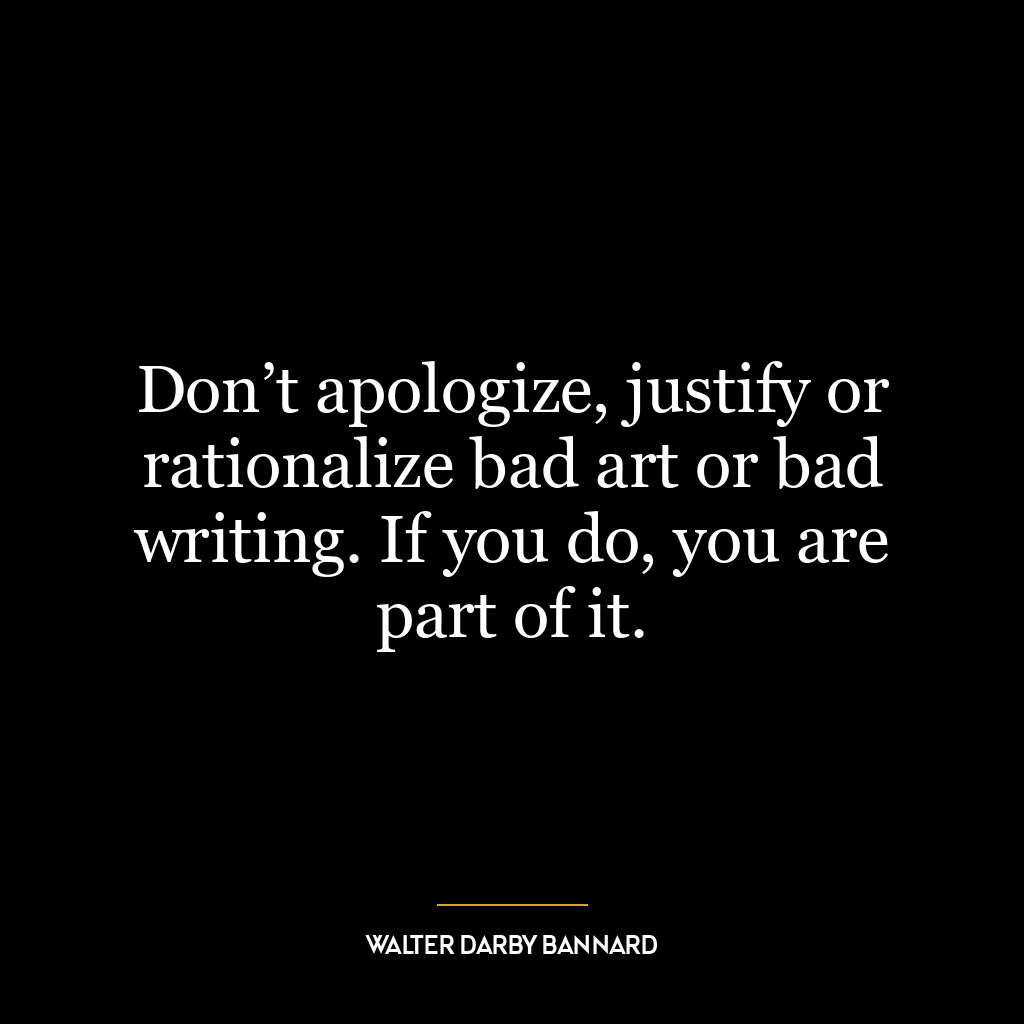When you are right,you have no need to be angry. When you are wrong, you have no right to be angry.
This quote emphasizes the importance of self-awareness, humility, and emotional control. It suggests that when you are right about something, there’s no need for anger because truth stands on its own merit. Anger is often a reaction to feeling threatened or defensive; but if your position is correct, it doesn’t need to be defended with negative emotions.
On the other hand, if you’re wrong and you allow yourself to become angry, it can be seen as an attempt to overpower others with emotion rather than admitting your mistake. This not only hinders personal growth but also strains relationships as it prevents open and honest communication.
In today’s world where debates often turn into heated arguments both online and offline, this quote has significant relevance. Instead of letting our emotions dictate our responses when we find ourselves in disagreements or making mistakes, we should strive for calmness and rationality.
From a personal development perspective, understanding this concept can lead to emotional maturity. Acknowledging our errors without resorting to anger allows us to learn from them while maintaining respect for others’ perspectives. Similarly, standing firm on what’s right without becoming angry promotes effective communication and mutual respect.
So whether in personal relationships or societal discourse – being mindful of our reactions not only when we’re wrong but also when we’re right can contribute towards more constructive interactions and personal growth.









